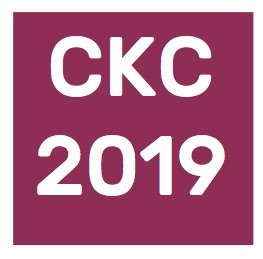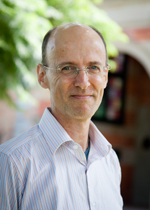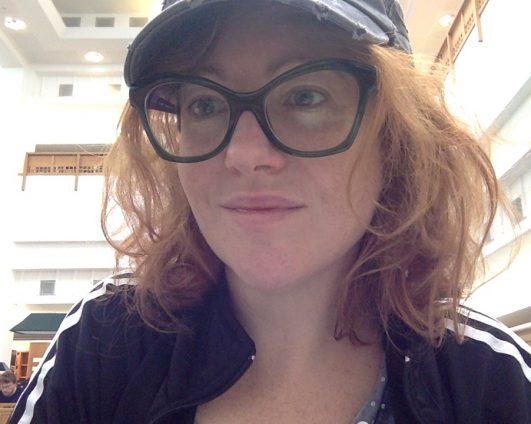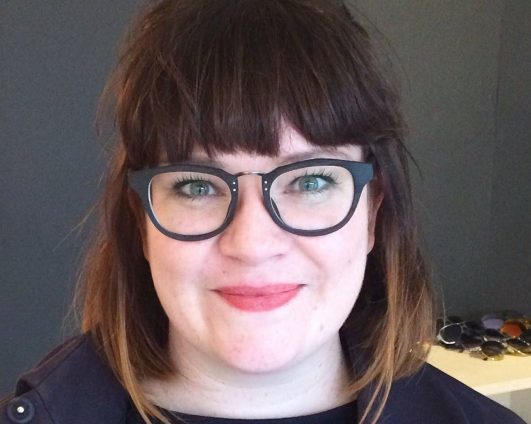Precarity and Possibilities of Creative Work
Co-Working in the Creative City | G. Morgan
In recent years, there has been a spectacular global growth in co-working in its various forms especially in cities with high numbers of creative workers. The rise of freelancing has expanded the market for such spaces many of which express a commitment to the core principles of collaboration, mentorship, and skill-sharing. These developments appear to herald a major shift in the culture of work, perhaps even the realisation of the ideals worker autonomist theory for ‘alt-labour’ politics in the ‘social factory’. While neo-liberalism threatens to disperse and fragment immaterial labourers, the rise of co-working demonstrates the residual power of modernist work habits, for example, through the desire to separate the public and private, and to be part of a collective culture of work. However, it is necessary to subject the claims of co-working to critical scrutiny. This paper will explore the emergence of co-working as discursive category as much as a concrete social arrangement. Drawing on interview data with convenors of independent co-work spaces, and their co-working clients in a variety of locations (including eg Sydney, Ho Chi Minh City and Reykjavik), the paper considers whether the ideals of co-working are realised in practice, and whether the co-work communities can be effective substitutes for the communities of practice constituted by traditional workplaces. It will analyse the prospects for the forms of worker representation and solidarity in the diffuse landscape of the new economy. Furthermore, the paper will seek to establish a general taxonomy of the ‘labouring commons’ based on the recognition that working-in-parallel takes place informally in a variety of public spaces – eg cafes (or ‘coffices’), public libraries etc – and in the formal spaces that house a range of forms of work – start-up incubators, maker-spaces, creative spaces as well as co-work spaces for digital freelancers.
Recreative Industries | V. Graziano
I start from Audre Lorde’s intuition around the polysemy of the term, recreation: to put forward this concept as an organizational principle. Via the framework of recreation, I want to think about some of the main political stakes of the forms used by collectivities able to act politically in the present. In my presentation (based on a forthcoming article in A Live Gathering: Performance and Politics, b_books, Berlin). I will transpose the double binding that Lorde ascribed to recreation, with its connotations of play, reciprocity, repetition and regeneration, from the realm of intimate, one-to-one relationships – with one’s lover, with the blank page – to bear consequence upon the organization of collective endeavours, in order to transgress some received ideas around the organization of cultural production, the locus of creativity and the politics of use of collective pleasures. The importance of recreation shall become clearer as I move from this notion to what I named, with an admittedly less poetic, yet hopefully effective, play of words: the recreative industries. By this term, I wish to call attention to a type of organization that has existed in various forms throughout modernity, dedicated to regenerating living labour and sustaining free time of the oppressed and the exploited against capitalist temporal structuring and valuation – and in opposition to the limitation of an experience of public pleasure as solely organized around work or consumption. The recreative hypothesis is moreover a political framework for reclaiming the organization of those semiotic, affective or relational productions that, under capital, stand severed from the other kinds. I will base my presentation on a number of examples, including historical references to the junk playgrounds in Danmnark and UK and people’s houses, as well as the contemporary example of the occupation of abandoned cultural facilities in Italy and Greece in the aftermath of the 2008’s financial crisis.
Permanence and Peripateticism: How can the precarity of Artists’ workspaces in ‘post-austerity’ Belfast be measured, mediated or challenged through collaborative practices? | J. Morrow
Belfast has approximately sixteen visual artists’ workspaces, host to an estimated 400 practitioners. At least six of these organisations currently operate in meanwhile spaces or peripatetic studio models, with the assumption that more will follow in the near future. Artists’ studio and project spaces are already unique within the cultural ecology, as sites of production for which ‘success’ cannot – or rarely – be measured by standard industry frameworks (audience numbers, ticket sales etc.). However, these spaces play a crucial role in the visual art infrastructure, particularly for early-career practitioners and in developing a community/ network/ peer group. My research, in part, attempts to consolidate ideas around people, place and practice in a sector which is subject to a broader neoliberal development context of an under-resourced workforce, limits placed on production within temporary sites and apparent ‘culture-led’ regeneration policy. The specifics of the Belfast context also include increased post-conflict investment: the notion of ‘business as usual’ that, historically, Belfast has struggled to achieve in parity with other cities of the same scale. Furthermore, due to the lack of an operational government (at the time of writing, for c. 800 days), artistic practice has been significantly instrumentalised in order to replace withdrawn services. Taking an approach across a theoretical and practical spectrum, my research and its outcomes seek to draw on self-organised, collaborative and resistance-led practices to challenge the current climate and create a more robust, high profile, engaging and opportunity-driven infrastructure for studios and artists in the city. Jane Morrow is an independent visual art curator and PhD researcher with a specialism in artist and organisational development. She is interested in infrastructure, regionality and co-production.



